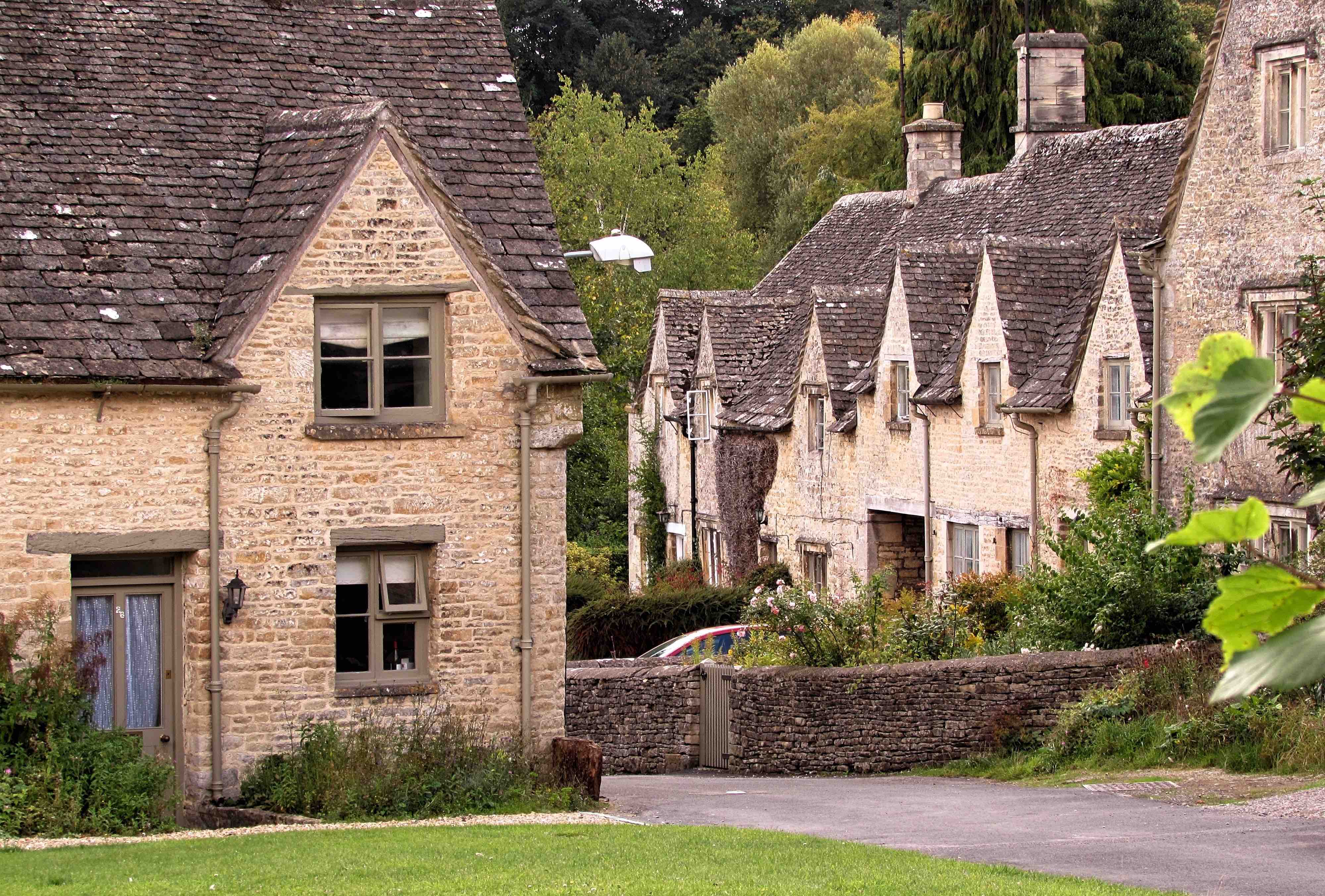Thinking of moving?
Sign up for the Hazel newsletter
We care about your data. Read our privacy policy.
How big should your next home be?
It’s a quiet news week when the topic of “downsizing” doesn't crop up somewhere in the media. Retirement property developers and politicians are keen for as much of it to happen as possible, citing the need for “empty nesters” rattling around their over-large houses to make way for families struggling to find suitable homes amidst the ongoing housing shortage.
Many people either in or heading towards retirement also think downsizing is a good idea... often to release funds or to move to a property that is more easily manageable or cheaper to run. A study earlier this year (by Key Later Life Finance) found that 29% of over-45s say they have plans to downsize in the next five years.
But when push comes to shove, many end up delaying the move or put it off entirely – often with good reason, but sometimes because they leave the decision so late that it becomes almost impossible to make. All too often a move is then made in a hurry because of a crisis.
For some time, I’ve argued that one of the psychological barriers to downsizing for many of us is the very word itself. It’s not exactly aspirational is it? “Rightsizing” is a much better description: finding the size (and layout) of the home that best suits our needs for the next phase of our lives.
My own situation is a case in point. We have four bedrooms for just the two of us, which sounds well over the top. But without those extra bedrooms, we can’t have our friends, children and grandchildren staying over. In between, the space doesn't go to waste: one room acts as an art studio for my wife, the other as my home gym.
Having sofas that easily convert into beds and single beds that stretch outinto doubles and offer plenty of storage has enabled us to accommodate an awful lot of our “boomerang family” at times...
Our planned next move will be to a house where we can again take maximum advantage of the space available, having first set down all of the uses we need to make of it, so flexibility of design will really come into play. Having your own personal space can really matter for couples, and even more so if retirement or working from home means you are spending more time with each other...

So what should you look for when you move house?
Every house move is a compromise: whatever you have available to spend will always be a frustrating amount less than you need to tick all the boxes. It's all a question of priorities and what is the best fit for you.
But moving house does give you the opportunity to open a new chapter on your lives. So consider:
- Right on size How many rooms do you really need to live the life you want going forward – building in your hobbies, friends and family stayovers and so on? And could, by using flexible layouts and furniture, some rooms “multitask”?
- Right on place Is this an opportunity to move to a location that offers you more than your current one going forward... in terms of quality of life, convenient access to amenities, proximity of family and friends?
- Right on money Could you use this as an opportunity to pay off your mortgage or other debts, or release capital to boost your finances in retirement? Or might this be a time to looking at the merits of a lifetime mortgage or equity release – allowing you to move to a home above your current spending limit?
- Right outside Take into account just how much garden you want going forwards... that can make a big difference to your choice of houses... and whether outside space that is easily maintained might be a sensible option.
- Right on time Moving house doesn’t get any easier as you get older, and moving earlier rather than later might allow you to build up new social support and friendship networks.
Finally, as much of a wrench as it might feel, remember that moving home can open up new doors as well as closing old ones...